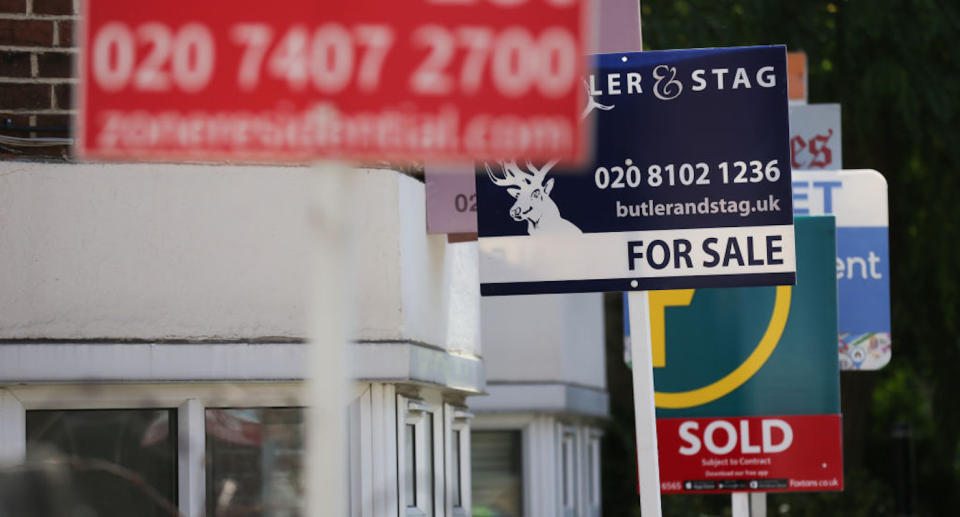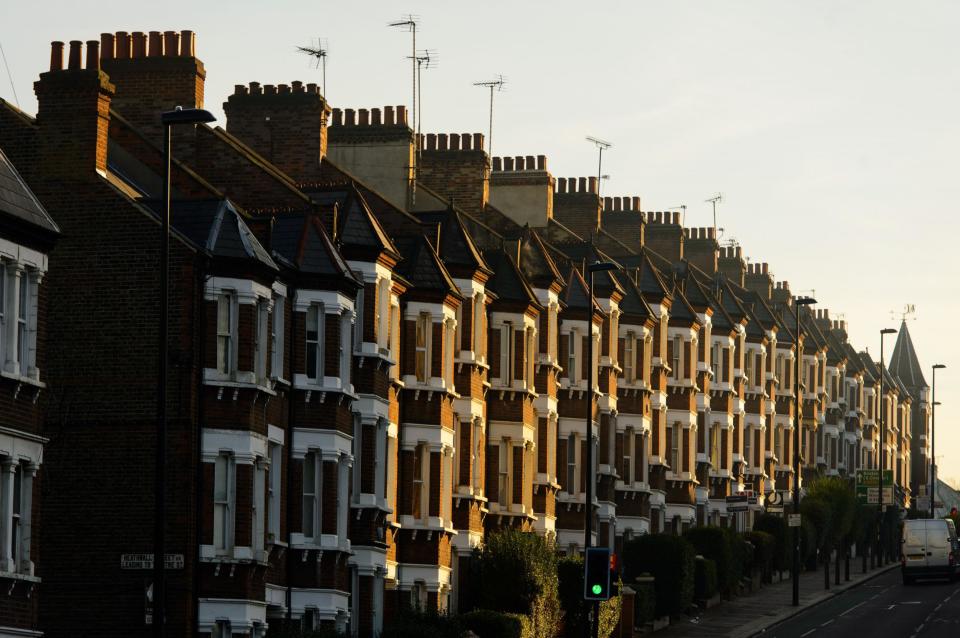Now is the best time to buy a house in London in five years

Now is the best time to buy a house in London in over five years, according to property market analysts Hometrack, but housing analysts recommend waiting longer still.
Sales prices in London have fallen to four per cent lower than asking prices, according to a property monitor released by the firm.
Read more: Detached homes overtake terraces as highest growing property type
Discounting in London has increased. In 2014, when house prices were rising at a rate of 20 per cent per annum, the sales prices were just 0.5 per cent lower than asking prices.
Slower demand has resulted in the discount widening to an average of 4 per cent, which means homes in London are selling for 4 per cent less than the asking price.
Read more: UK house prices likely to rise only weakly in 2018
This is the biggest discount registered by Hometrack in over five years and has created what is known as a “buyer’s market”, even though house prices continue to grow in London at a rate of 1.8 per cent.
A bigger discount can indicate that house prices will start falling. Asking prices can act as a “shock absorber”, ahead of weaker house prices, when there is less demand.
The property market still has some way to go: Hometrack says house prices start to fall once discounts get close to 10 per cent.

Meanwhile discounts are decreasing in both Manchester and Birmingham, which shows that the house market is stronger in these cities. House prices are growing at between 6 and 8 per cent per annum, Hometrack says, at the same time as the discount to listing price is narrowing.
House prices are falling in Oxford, Cambridge and Aberdeen, though house prices have yet to start falling in London.
Russell Quirk, chief executive of eMoov, says buyers in London will have to wait a little longer before house prices start to fall.
“Those in London and the surrounding areas will have to wait a little while longer, partly due to far greater levels of price inflation, but also due to a refusal to accept the previous market reality and lower their price expectations in the first place,” Quirk says.

 Yahoo Finance
Yahoo Finance 